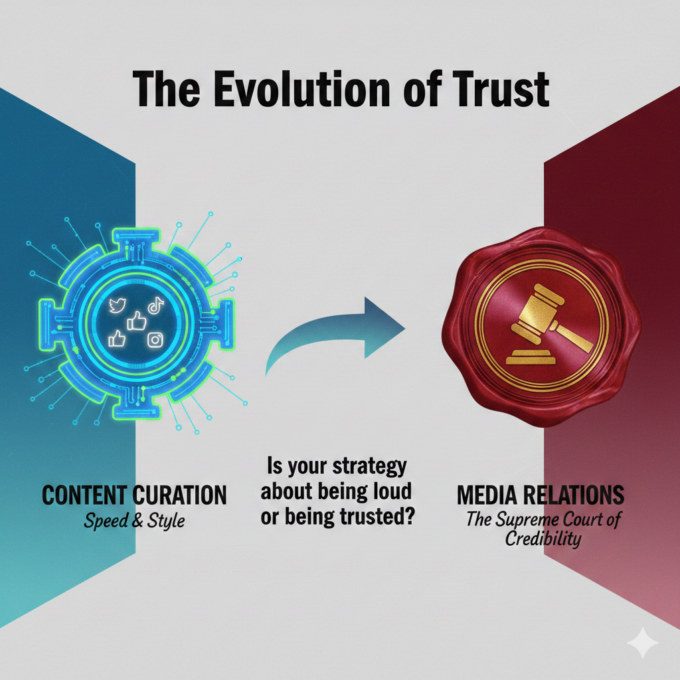Money and investments are two concepts that are closely related to each other. Money is a medium of exchange that can be used to buy goods and services, while investments are assets or items that are purchased with the hope of generating income or appreciation in the future.
Confiance News gathered that Investing is one of the ways to grow one’s money over time and achieve financial goals. However, investing also involves risk and uncertainty, so it is important to understand some basic facts about money and investments before making any decisions. Here are 10 facts that can help you get started:
1. Money has different functions and forms.
Money can serve as a unit of account, a store of value, and a medium of exchange. A unit of account is a standard measure that can be used to compare the value of different goods and services. A store of value is something that can be saved and used in the future. A medium of exchange is something that can be accepted as payment for goods and services. Money can also have different forms, such as cash, bank deposits, digital currencies, etc.
2. Investing involves putting money to work for a period of time in some sort of project or undertaking in order to generate positive returns.
An investment can refer to any mechanism used for generating future income, such as bonds, stocks, real estate property, or alternative investments. The type of returns generated depends on the type of project or asset; real estate can produce both rents and capital gains; many stocks pay quarterly dividends; bonds tend to pay regular interest.
3. Risk and return are two sides of the same coin in investing
Risk is the possibility of losing some or all of the original investment, while return is the income or appreciation generated by the investment. Generally, low risk means low expected returns, while higher returns are usually accompanied by higher risk.
For example, a certificate of deposit (CD) is a low-risk investment that pays a fixed interest rate, while a stock is a higher-risk investment that can fluctuate in value depending on the performance of the company.
4. Investors can take the do-it-yourself approach or employ the services of a professional money manager.
The do-it-yourself approach involves researching and selecting investments on one’s own, while the professional money manager approach involves hiring an expert to manage one’s portfolio for a fee. The choice depends on factors such as one’s goals, risk tolerance, time horizon, knowledge, and preferences.
5. Whether buying a security qualifies as investing or speculation depends on three factors—the amount of risk taken, the holding period, and the source of returns.
Investing implies taking a moderate amount of risk for a long-term period with the expectation of generating returns from the underlying value or cash flow of the asset. Speculation implies taking a high amount of risk for a short-term period with the expectation of generating returns from the price movements or market sentiment of the asset.
6. Investing requires diversification to reduce risk and enhance returns
Diversification is the practice of spreading one’s money across different types of investments, such as stocks, bonds, commodities, etc., to reduce the impact of any single investment on the overall portfolio performance. Diversification can help reduce risk by lowering the volatility or variability of returns, and enhance returns by capturing the benefits of different asset classes.
7. Investing requires discipline and patience to achieve long-term success.
Investing is not a get-rich-quick scheme, but rather a process that requires consistent effort and commitment over time. Investors should have clear goals and strategies, follow a plan, avoid emotional decisions, and stick to their principles regardless of market conditions.
8. Investing requires learning and adapting to changing circumstances.
Investing is not a static activity, but rather a dynamic one that requires constant monitoring and evaluation. Investors should keep themselves informed about the market trends, economic developments, and company news that may affect their investments. Investors should also review their portfolio periodically and make adjustments as needed to align with their goals and risk tolerance.








Leave a comment